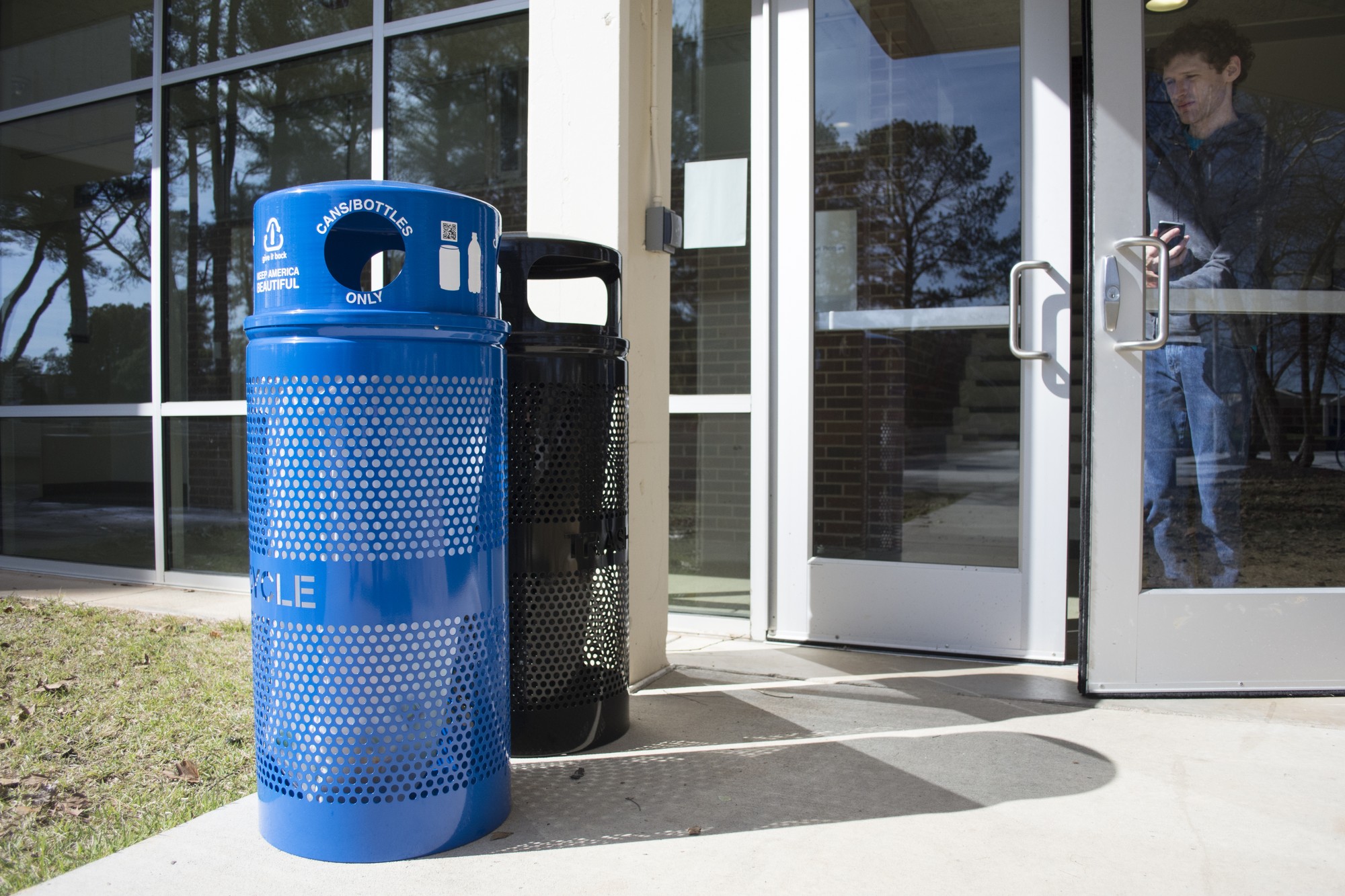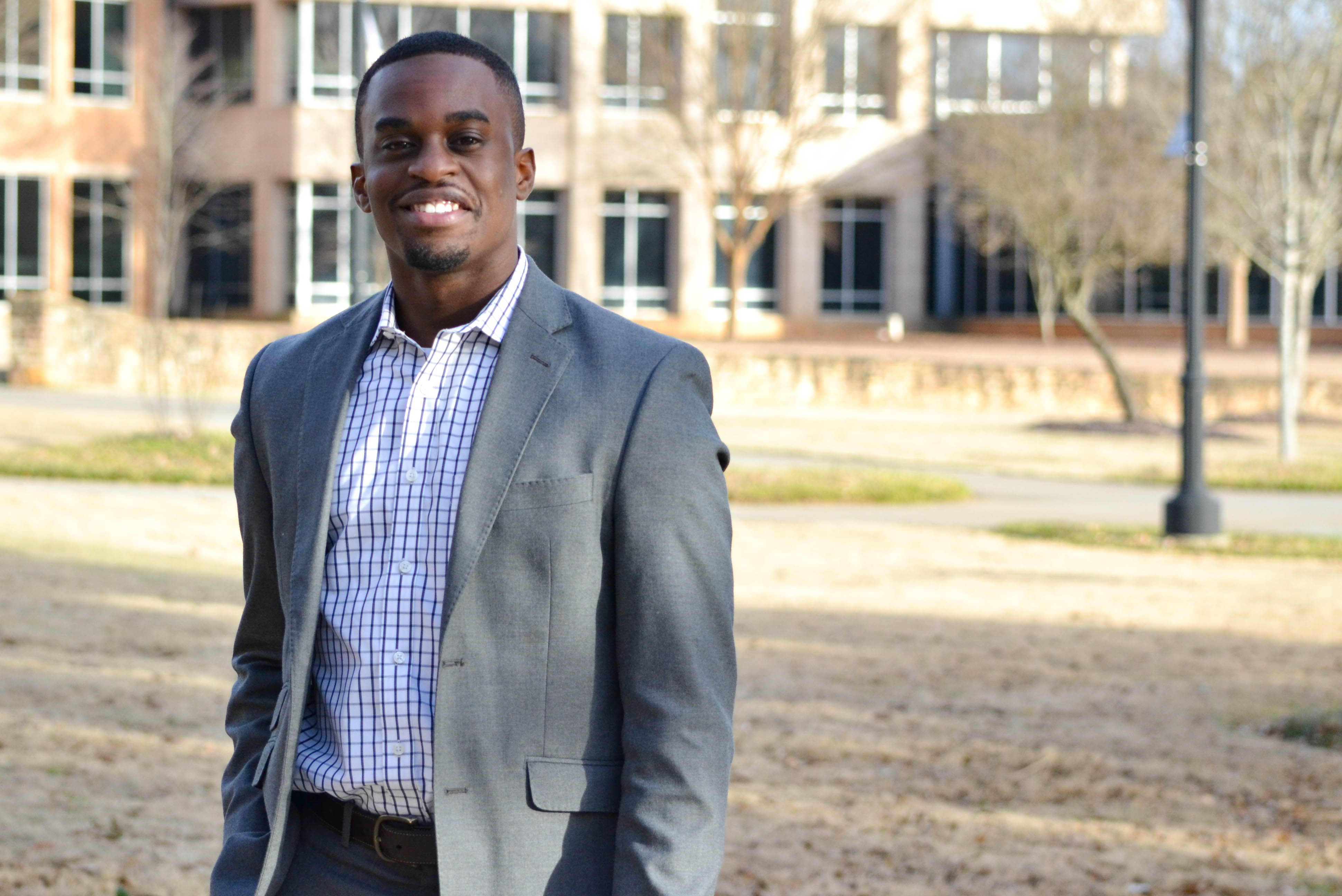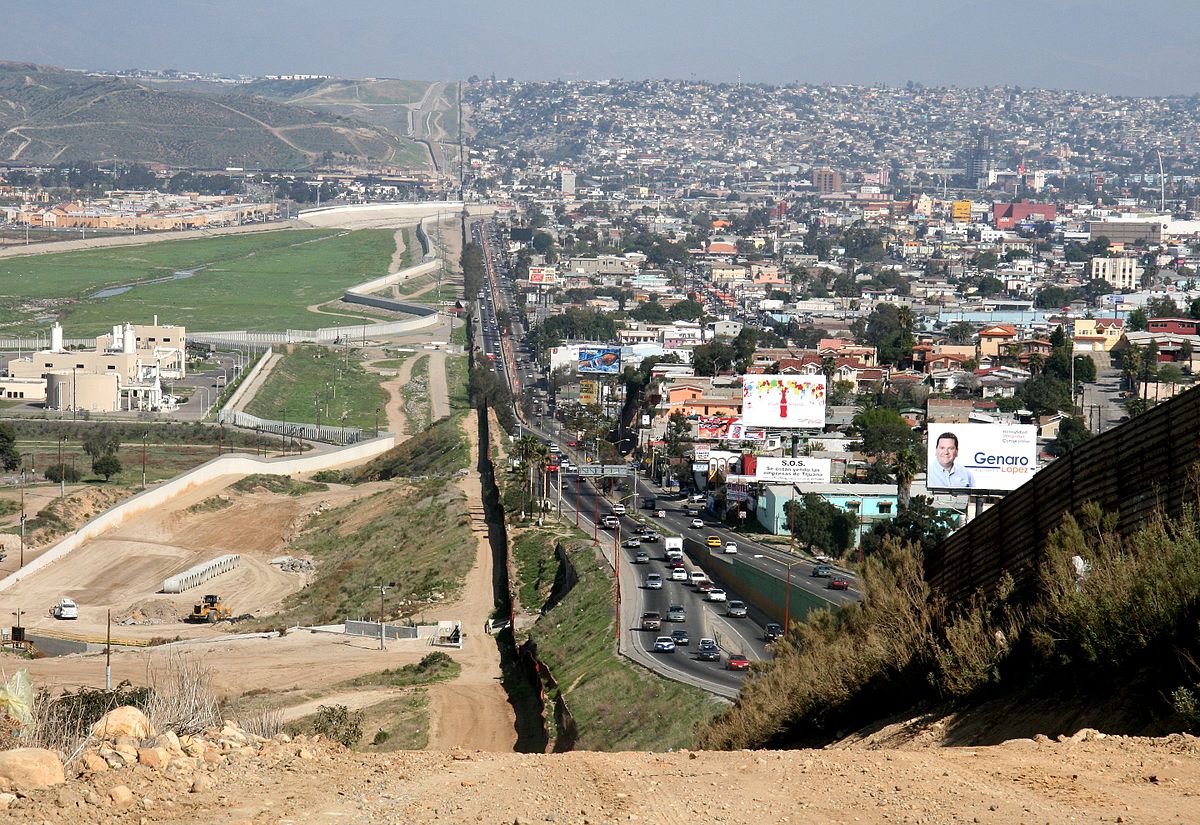As a Direct Applied Research student for the Department of Geography and Anthropology, Christian Thomas, a sophomore entrepreneurship major, has been working on many research projects at the Kennesaw State Field Station.
Thomas has been assisting Professor Vanessa Slinger-Friedman in collecting data, researching and solving problems that may arise during research projects. In an interview with The Sentinel, he talked about the various benefits of working in student research as well as the current project he is working on.
“I really wanted to get ahead in my minor, which is environmental studies, so I thought this would be a cool way to start that,” Thomas said. “…and I love the field station, so any excuse to be out there I will do.”
Thomas shared that he did initially have second thoughts. However, after finding a project that he was able to collect data from and realizing that his lack of a scientific background wouldn’t hold him back, he was confident in continuing as a research student.
He has been involved in a few projects, working with the KSU Food Forest project geared toward building a sustainable source of food in urban areas, as well as currently being involved in a study focused on possible alternatives to synthetic rooting hormones.
Thomas said he’s currently working on propagating between 20 and 30 mulberry plans to compare the effects of a synthetic rooting hormone to natural alternatives. He has one control group and three groups that have been treated with willow water, which contains a rooting hormone, as well as honey and cinnamon as an antibacterial treatment to help them succeed.
Thomas says that student research is worth it. “It put me out of my comfort zone a little bit so I feel like I’ve been able to grow,”, he said. “If you told me even a year ago that, ‘you’d be doing this direct research with a professor at the Field station’, I wouldn’t have believed you.”
He hopes that he can leave the field station able to say that he made it more efficient and that his research has helped the Kennesaw community in and around the field station.
“Some people might not be able to buy a synthetic fertilizer or synthetic rooting hormone,” Thomas said, “but they might have honey, they might have aloe, or they might have cinnamon.”
He added that he believes his current work at the field station will help him in the future as he intends to someday start a mobile food business that uses sustainably grown food. Thomas hopes that what he learns will help him as he seeks to set an example in the food industry by reducing waste and teaching others how to grow food in a way that supports the environment.
“If you’re scared, just know that Kennesaw will help you, your teachers will help you, your professors will help you,” Thomas said. “There’s so many people who are so excited about the same things you are excited about and you just have to share that with them.”
The field station, which came under KSU’s stewardship after the Georgia Department of Transportation had used it as a cement mixing plant, contains 25 acres of land that current operations manager William Blackwell helped turn into an agricultural research facility for the university. After remediating the soil, it became the home of many agricultural research projects, according to its dedicated history page.



